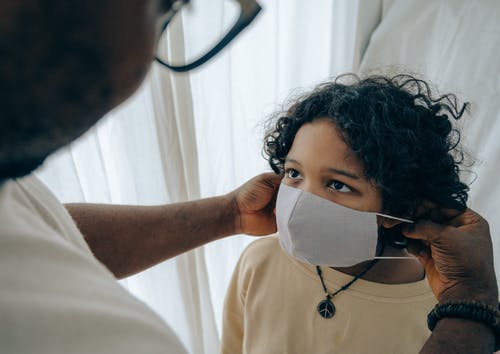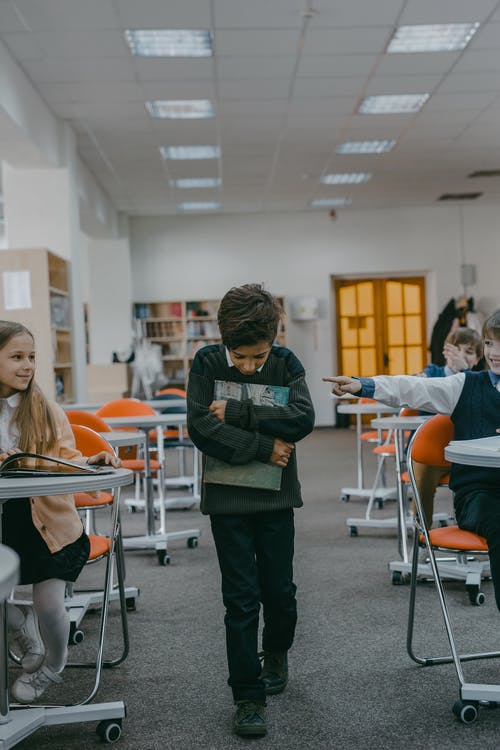Pediatric interns are concerned that those new to the field may not have enough mental health training.
Patients presenting with mental health crises in the field of pediatrics is becoming the norm, and those just getting started in the field are feeling a bit disillusioned by the lack of training. In a 2013 survey of pediatricians, two out of every three people polled said they lacked training in how to treat these conditions in children. Now, they say, it’s time to shift the focus.
In his first month as a pediatric intern at the University of California San Francisco, Alexander Hartman saw more than a dozen patients with eating disorders. He explained, “Some patients had been there for weeks and were well-known to the service due to their long-term eating disorders, while others were new. All of them found that the pandemic had exacerbated their stress.” He remembered thinking at first, “I don’t know anything about treating eating disorders.” Now, he added, “It’s just routine.”

In fact, new to the field interns are treating more mental health conditions than any other ailments, including colds and flus. Hartman said when he and the other interns would see physical complaints, they were actually caught a bit off-guard. Nishant Pandya, a pediatric intern at Yale, agreed, saying he’s seen “maybe fifteen cases” of bronchiolitis, a common respiratory infection, all year.
Pandya said, “You can academically read about it all you want. But there’s something about doing the thing and seeing the thing and being forced into decision-making at that moment. Being a supervising doctor next year for interns, I think that will just require approaching the year with continued humility.”
Sonia Taneja, a first-year resident in Boston, has also seen “an overwhelming number of mental health crises, including kids coming in with suicidal ideation or having attempted suicide.” Taneja has treated so many, in fact, she can’t even remember her first patient with a psychiatric complaint. This has caused her to second-guess her career path. She said, “I feel like doing something about it from a more policy, broader perspective. Trying to be a provider for some of these patients, to me, has become less satisfying.”
Pandya added, “Treating someone with an acute mental health need, that challenged my schema that I was walking into medicine with.” And this seems to be the general consensus. The explosion of mental health crises has taken a toll on pediatric interns, in general.
Hartman and Pandya have noticed more pediatricians speaking and writing publicly about the issue. Pandya said, “I’ve always been a little frustrated with the way the system works. I think there’s been an underinvestment in mental health and psychiatric care, especially for children.”
At Nationwide Children’s Hospital in Columbus, Ohio, the staff recognized there has been a growing number of mental health concerns and built into the program a two-week elective rotation for residents covering topics related to pandemic response. “That was an adaptation that we realized our pediatric residents really needed,” said Maya Iyer, a physician and professor. While Taneja, Pandya, and Hartman have been forced to roll with the punches, they would like to see more programs begin to offer similar options.
Sources:
New pediatricians are seeing few ‘bread and butter’ cases, but an influx of mental health crises
Mental and Behavioral Health in Children: A Crisis Made Worse by the Pandemic


Join the conversation!